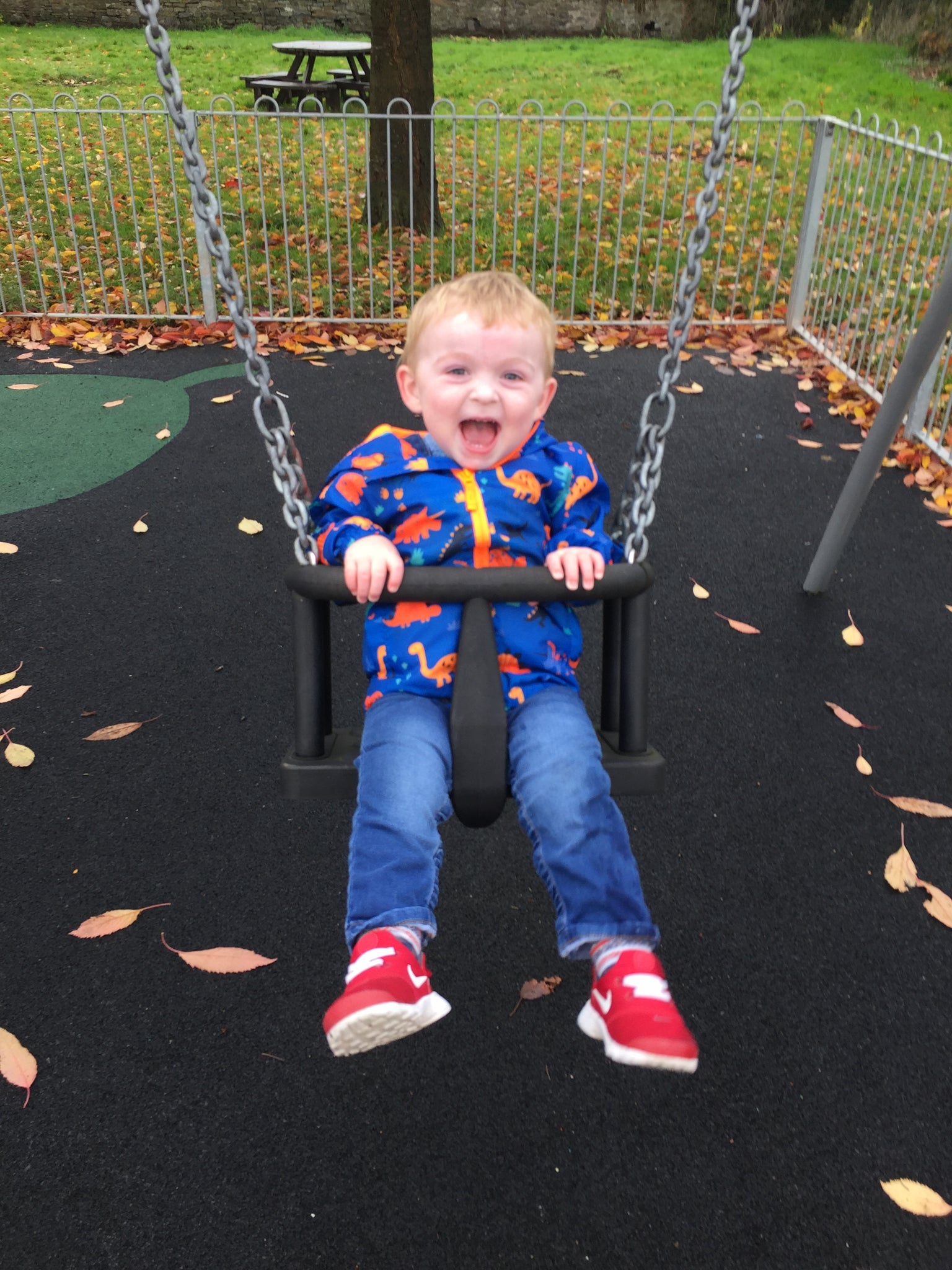As soon as your child expresses an interest in going to the same club as their best mate, the search begins to secure a taster session, work out how it will fit around your schedule, and if it is affordable. If your child doesn’t have an additional learning need or special need have you ever stopped to consider the risks in them doing it anyway? Starting such a thing takes a gigantic leap of faith as a parent. The protective instinct for a child you have watched go through multiple health issues and maybe surgeries burns strong, and part of you may not want them to enter such activities. Despite this, deep down you know that if they are at all able to try, you have to for their benefit and your own too.

Activities provide children with the opportunity to socialise, build self esteem and confidence, support their learning in school, keep healthy, and have new opportunities where they can thrive. Before Jake started school I remember taking him to soft play for the first time feeling physically sick. He went much later than others as he had a hickman line in his chest for administering artificial feed directly into the veins, that if dislodged meant emergency surgery. I would watch other mums step back a little, letting their children explore and find their own way. I would always be on Jake like a hawk. It took a long time to step back and put my own anxieties aside. The pride and happiness seeing him now enjoying clubs fills my heart with such joy. You need it as much as they do for your own healing in order to make new happy memories.

Now the country is in a more positive position and activities have started back up, I have seen parents scrambling to get their children spaces in activities after such a long time without them. Jake wanted to try gymnastics and straight away I felt a lump in my throat. With a stoma bag and a low profile feeding device (of which he pulls off in style might I add) all I could think about was impact to his stomach through different movements. I hadn’t seen him so excited about the idea of a club before so I had to hit the research and think smart.
1. What are your child’s needs and risks in everyday life? Firstly consider what activities your child is able to do and in what capacity. Jake's feeding tube being dislodged and his stoma bag leaking are the immediate risks at play. I know I carry the necessary equipment to rectify these problems, and as I would be there they shouldn’t stop him from trying the activity.
2. Ask about people's experiences of the club you are interested in. Ask those whose opinion you value and trust. If the majority is poor and you get a bad feeling, look elsewhere. Always follow your gut instinct.
3. Ring the person in charge. Don’t email or text if you can help it. Speaking to someone gives you a better idea of their intentions and outlook when provided with the information of your child’s needs. Even better, visit the club and have a conversation. In the current climate I understand this may not be possible.
4. Let them ask YOU the questions. I used to tell the person all about Jake, the risks and my thoughts of his participation before they gave me their opinion. I quickly learnt I didn’t know if what they were saying was because I had fed them the information first. I want to know if they have heard of the condition, not that they know because I told them. This shouldn’t affect your child’s participation, however education is key and it is important to know what knowledge they have first in order to move forward.
5. Are they asking you questions? Are they interested to learn about how your child deals with their needs and how they may react in the club's environment? Do they have initial ideas of how to support them and include them as much as physically and mentally able? Are they inclusive? Some clubs have asked for time to go away and look into this. This is a positive sign that they want to educate themselves first. You may have valuable sources you could direct them to.
6. Do they carry out risk assessments? Around 50% of the clubs Jake has tried have spoken of these. They take information of your child’s condition, needs and risks of carrying out the activity. The document is recorded for insurance purposes. As a parent I find it comforting that they have all the details needed to ensure they provide a safe and secure environment for my child.

Finally, enjoy the experience! It may take a few taster sessions of different activities to find the right fit for your child, but when they find it it’s the best feeling. If you are struggling to find an activity that is suitable try asking your child’s education setting, health visitor, medical team or look on local social media pages. If you are struggling to find one, why not start a regular meeting of similar families through school friends or local social media pages within your local area? You may find you meet friends for life! Most importantly check with the medical professionals involved in your child’s care consultants that your child is safe to participate
Take care, Rach x




Leave a comment